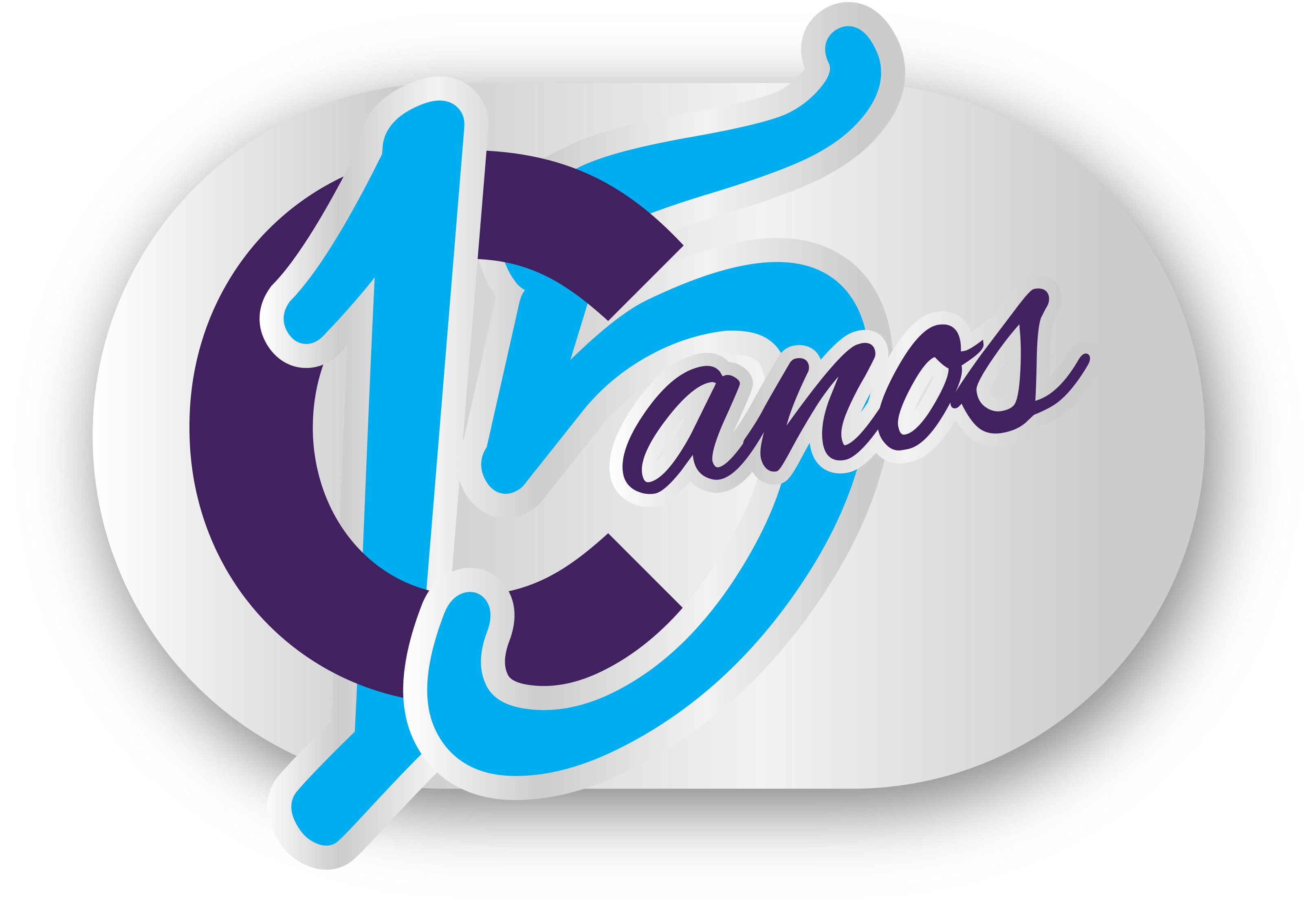


On Aug. 18th and Sept. 1st, 2021, the Tribunal of the Administrative Council for Economic Defense (“CADE”) analyzed two different cases of alleged bid-rigging and its majority agreed in both cases that the cartel fines should be based on the convicted companies’ obtained benefit, instead of following CADE’s traditional approach of turnover-based fines.
Indeed, although in both cases all the Commissioners agreed on the conviction of the investigated companies, only the majority agreed on the obtained benefit approach for calculation of the fines. Commissioners Sérgio Ravagnani, Paula Azevedo, Lenisa Prado and Luis Braido defended that a cartel fine should not be lower than the benefit obtained by the infringer and that, to determine whether the fine meets this criterion, CADE should estimate such benefits, whenever it is possible. In both cases, the fines were calculated based on an estimated cartel overcharge of 20% of the bid value.
On the other hand, CADE’s President Alexandre Cordeiro pointed out that calculating the ill-gotten gain is difficult and the lack of a standard method of fines estimation may create legal uncertainty. His position was followed by Commissioner Luiz Hoffman, who also defended the traditional approach.
On Oct. 6th, 2021, CADE’s Tribunal approved once again the acquisition of Innova by Videolar, conditioned to the fulfillment of measures agreed on a new Merger Control Agreement (“MCC”). The approval reversed the decision issued by the authority on Apr. 28th, 2021, by which it ordered the parties to undo the transaction previously approved with restrictions in 2014, due to non-compliance with the 2014 MCC.
The new approval, led by Commissioner Lenisa Prado and followed by the majority of CADE’s Tribunal, clarified omissions in the decision handed down in April and decided to approve the transaction after negotiating new commitments with the parties. The new MCC establishes, among other commitments, that the company will have to invest in research and development and will be monitored by CADE for 5 years. The previously imposed fine of 5 million reais, due to the company’s failure to comply with the 2014 MCC, was maintained.
A dissident opinion was issued by the Reporting Commissioner Sérgio Ravagnani and followed by the Commissioner Luis Hoffmann, who voted to maintain the decision to undo the transaction, arguing that the transaction had created a duopoly that resulted in price increases, and that efficiencies would not have been passed on to the consumers. Furthermore, they pointed out that the behavioral remedies established by the new MCC would not be sufficient to address the competitive concerns raised by the transaction.
On Oct. 6th, the majority of CADE’s Tribunal rejected the adjudication request made by the Commissioner Paula Azevedo in response to the CADE’s General Superintendence’s (“SG”) unconditional clearance of the acquisition of Hortigil Hortifruti by IF Capital, a subsidiary company of Lojas Americanas.
According to the Commissioner Paula Azevedo, followed by Commissioners Lenisa Prado and Luis Braido, the transaction could result in conglomerate effects concerning digital platforms, which should be closely analyzed by CADE. On the other hand, Commissioners Sergio Ravagnani, Luiz Hoffmann, and CADE’s President Alexandre Cordeiro argued that the case did not raise competition concern due to the parties’ reduced market shares; this position had the majority support, considering the President Alexandre Cordeiro’s casting vote.
Following the antitrust authorities’ global trend of digital innovation, CADE launched the digital platform “Clique Leniência” or “Leniency Click”, which enables online leniency “marker” request.
By doing that, the authority seeks to optimize the “marker” request procedure, through which a participant in any anti-competitive conduct shares with CADE its interest in negotiating an antitrust leniency agreement.
Furthermore, on Sept. 2021, CADE published its “Guidelines for Evidence in Antitrust Leniency Agreement Proposals with CADE”, which addresses the standards of proof for leniency negotiation. Although the Guidelines aims to provide guidance on leniency negotiations, it is also useful for other forefronts such as improving internal investigations and compliance programs.
The Secretariat of Foreign Trade (“SECEX”), by means of the SECEX Circular nº 66/2021, has initiated an investigation to verify the existence of a potential dumping practice regarding Brazilian imports of butyl acrylate from Russia, commonly classified under the NCM code 2916.12.30. At this point of the investigation, the authority estimates a 64.1% dumping margin on exports from Russia. The case shall be conducted by the Subsecretariat of Commercial Defense and Public Interest (SDCOM) throughout the following months.
Cascione’s Antitrust team was recognized and ranked by the Legal 500, one of the most distinguished publications of the legal market, as one of the best law firms in Competition and Antitrust in Brazil. The publication highlighted the team for their “high level of service both in time and in quality”, as well as for their “very practical” approach, “in addition to having a very deep knowledge”, and recognized the work of the partners Denise Junqueira and Guilherme Bertolini, as well as of the associates Maíra Isabel Saldanha Rodrigues and Caroline Tie Tanaka.
Additionally, the partner Denise Junqueira was also recognized as a Next Generation Partner, while the associate Maíra Isabel Saldanha Rodrigues was ranked as a Rising Star, nominations given to individuals who stand out in the antitrust practice.
We greatly appreciate the trust and support of our clients!
Denise Junqueira
djunqueira@cascione.com.br
(Português do Brasil) 18/01/2023 | Edição n. 37
(Português do Brasil) 21/11/2022 | Edição n. 36
(Português do Brasil) 07/11/2022 | Edição n. 35
(Português do Brasil) 19/09/2022 | Edição n. 34
(Português do Brasil) 21/07/2022 | Edição n. 33
(Português do Brasil) 07/06/2022 | Edição n. 32
(Português do Brasil) 05/04/2022 | Edição n. 31